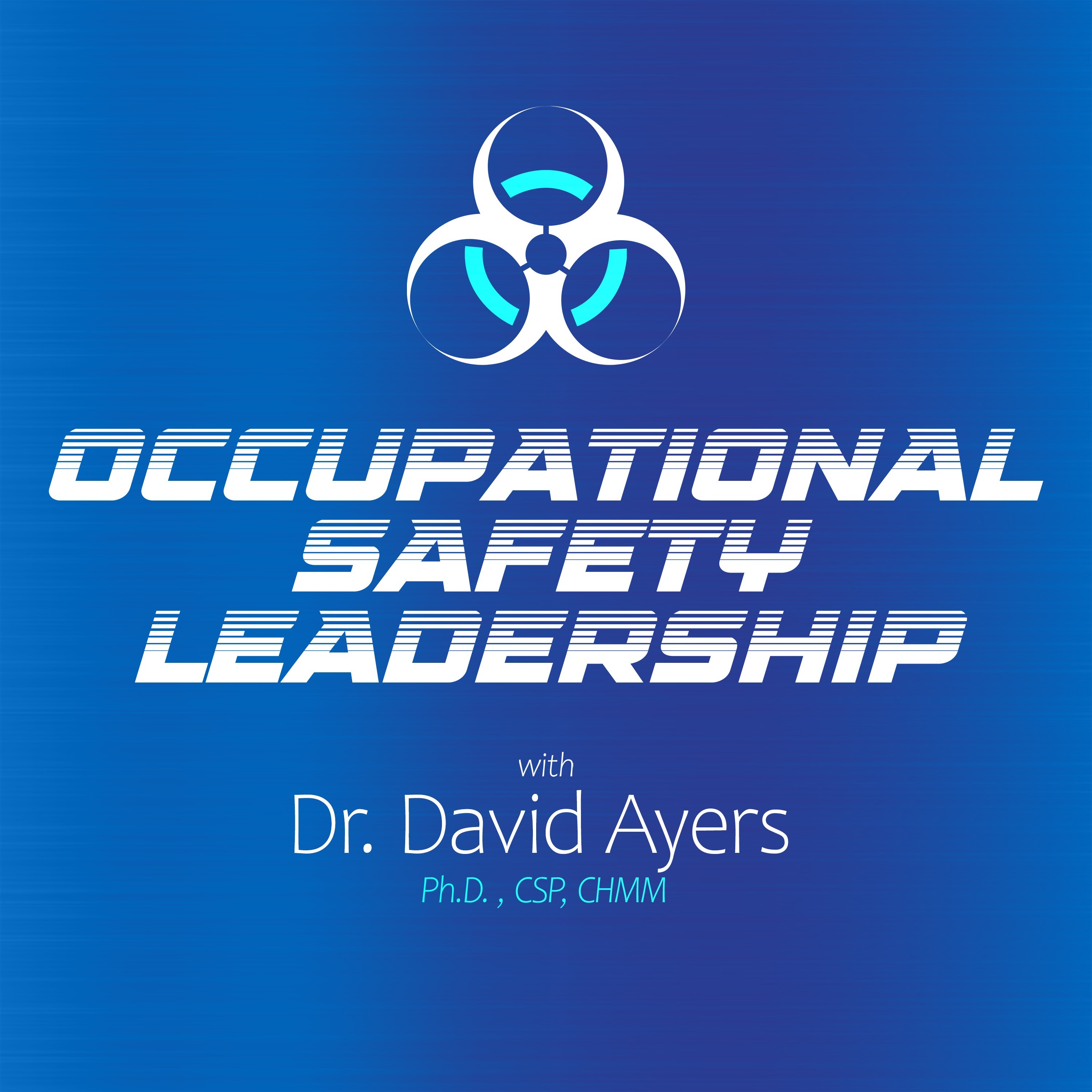In today's episode, Dr. Ayers discusses Occupational Asthma. This is when employees have asthma-like symptoms and then they go away on weekends and holidays.
The Occupational Safety Leadership Podcast
Episode 169 - Occupational Asthma

Welcome to the Occupational Safety Leadership Podcast, episode number 169, and in today's episode we're going to talk about occupational asthma. I have not worked with any of the chemicals that we're going to talk about. I have known some people who thought they had it, but it was really hard for them because as we'll see it as the presentation goes, it wasn't always there, so it makes it really hard to say this chemical for you, of course, was occupational asthma, and other times it's not. So it made it really hard to diagnose, but let's just dive right into this whole segment. So let's start off with just a little definition here. So occupational asthma is a type of asthma that is directly related to the workplace and environment, which is caused by inhaling fumes, gases, dust, and other potentially harmful substances while on the job. And a lot of times when we look at the SDS sheet, we'll see things like it'll say irritants and allergens, sensitizers and all that. Our hard part about it, of course, is that it's not like it's a one-size-fits-all. When we think about allergens, of course, we think about people who have allergies to animal hair, but it would be really hard out there like a person has an allergen to a type of chemical out there, and that would make it really hard because is that chemical found in all workplaces is only one, does it have to reach a certain level? So it makes it very hard to go out there. And when we also think about things like irritants and sensitizers also, things like formaldehyde come back when we think about certain glues and epoxies and all that kind of stuff out there, it's not a very extensive list out there. It's still being researched to really figure out what's out there, because it's not that one-size-fits-all, you know? So let's look at some of the symptoms that folks say they experience with occupational asthma. So they have coughing, wheezing, shortness of breath, a tightness of the chest, and they said that symptoms typically worsen on the workdays and of course improve on the weekends and holidays. So they have this occupational exposure at work, they finish work, they do their stuff, then go to bed, and of course as time goes on, things get better, you then go back to work and kind of start to experience it little by little again, and then of course there's no exposure at all on weekends and holidays which would help them narrow out what somebody's exposed to, but if it's something really common out there, that might be really hard to go back and do. So in a nutshell, this is a really hard thing to go back and solve. I have to people who had certain allergies to mold out there, and with this mold it would be super awful for them, all the signs of symptoms are right here, but for me I didn't feel anything for others, it wasn't there, and that's what made us even think like this person have mold in the house and all the other kind of, just kind of start to kind of go back and go through everything then. So episode 169 is over, we talked about occupational asthma, and I hate to kind of keep going back and just giving kind of these weasel answers, but this is one that they're still in the process of really trying to understand, is it really extensive, is it not extensive, and is there a certain threshold, we'll say, a certain PPMs where it seems to occur for most people, and for others it doesn't. So it's really something that has to be studied out there to really understand more, the more I dive into it, I'm just kind of starting this journey, trying to understand this. It looks like it's reasonably prevalent, but because it's so small in pockets, it's really hard to find that correlation. So, 169 Complete Occupational Asthma, thank you for joining me today, my name is Dr. David Ayers, thank you, and have a safe day. [BLANK_AUDIO]
In today’s episode, Dr. Ayers discusses Occupational Asthma. This is when employees have asthma-like symptoms and then they go away on weekends and holidays.